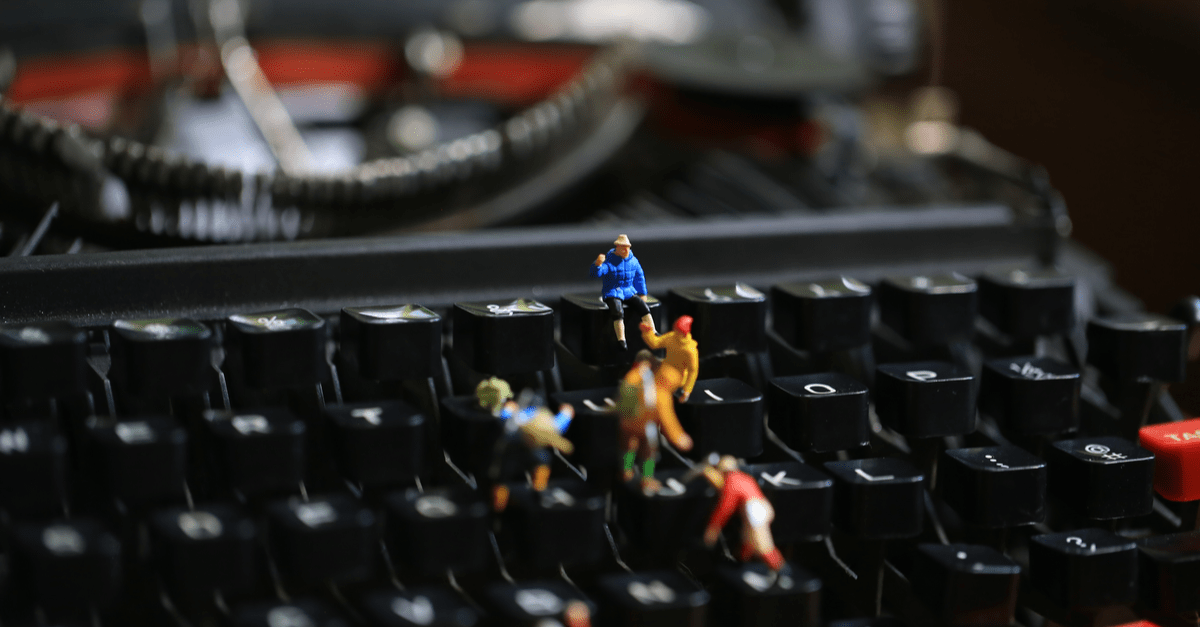The illiterate of the 21st century will not be those who cannot read and write, but those who cannot learn, unlearn, and relearn.
-Alvin Toffler, Futurist
When students continue their education from high school to college, they may need to unlearn some familiar patterns. In high school, students are told what to do and corrected if their behavior is out of line. In college, students are expected to take responsibility for their actions as well as for the consequences of their decisions. High school is a learning environment in which students acquire facts and skills. College is a learning environment in which students take responsibility for thinking through and applying what you have learned. In high school, effort counts. In college, results count.
When transitioning from high school to college, the problem may not be learning how to be a college student: it is unlearning how to be a high school student. Going from high school to college is a good example of how students may be operating with mental models that have grown outdated or obsolete.
Many of the paradigms we learned in school and built our careers on may have become ineffective. It is time to do some unlearning.
To embrace the new, we have to unlearn the old.
“Unlearning is not about forgetting. It’s about the ability to choose an alternative mental model or paradigm. When we learn, we add new skills or knowledge to what we already know. When we unlearn, we step outside the mental model in order to choose a different one” (Bonchek, 2016).
How do we learn to unlearn at work?
Learning to unlearning is a simple phrase that belies the complexity of the process. How do we learn to unlearn at work? Can you convince anyone in leadership to support the initiative of learning to unlearn? According to HR Technologist Chiradeep BasuMallick, there are five easy tips to gradually build an environment that thrives on learning and unlearning in your workplace.
- Persuade your senior leadership to inculcate a culture of learning and development as part of its annual mission statement.
- Ensure a robust change management practice is in place, which makes new learning more convenient.
- Communicate clearly and well, explaining why modern organizations and employees need to unlearn and learn constantly.
- Define clear learning targets and unambiguous, result-oriented goals related to daily tasks.
- Recognize those who put in that extra effort to throw away legacy models and embrace new solutions (BasuMallick, 2019).
“Alvin Toffler is an American writer and futurist, known for his works discussing the digital revolution, communications revolution, corporate revolution and technological singularity. A former associate editor of Fortune magazine, his early work focused on technology and its impact (through effects like information overload). Then he moved to examining the reaction of and changes in society. His later focus has been on the increasing power of 21st century military hardware, weapons and technology proliferation, and capitalism” (Wikipedia, 2019). The video below is an episode of Big Thinkers featuring Alvin Toffler.
“Big Thinkers is a former ZDTV (later TechTV) television program. It featured a half-hour interview with a “big thinker” in science, technology, and other fields. Interviews were filmed in a 16:9 format and intercut with public domain material from the Prelinger Archives. This archival footage (mostly film clips from the 1940’s and 50’s) was used to create visual metaphors highlighting the speaker’s points” (Wikipedia, 2019).
For more…
How Is College Different from High School: https://www.smu.edu/provost/sasp/NeatStuffforNewStudents/HowIsCollegeDifferentFromHighSchool
Unlearning: A Critical Element in the Learning Process
Essays on Teaching Excellence
Toward the Best in the Academy
Vol. 14, No. 2, 2002-2003
Virginia S. Lee, North Carolina State University
https://cft.vanderbilt.edu/wp-content/uploads/sites/59/vol14no2_unlearning.htm
References
BasuMallick, C. (2019, September). Learn to unlearn: The mantra to prepare for the future of work. https://www.hrtechnologist.com/articles/performance-management-hcm/learn-to-unlearn-prepare-future-of-work/
Big thinkers (TV series). (2019). In Wikipedia. Retrieved from https://en.wikipedia.org/w/index.php?title=Big_Thinkers_(TV_series)&oldid=882757039
Bonchek, M. (2016, November 3). Why the problem with learning is unlearning. Harvard Business Review. Retrieved from https://hbr.org/2016/11/why-the-problem-with-learning-is-unlearning
Toffler, Future Shock, p. 21. N. Negroponte, Being Digital (New York: Basic Books, 1995), p. 4 (Negroponte’s idea of a “new culture” looks modest beside his dominant assumption of the new ontology of “digital being”); Lanham, Electronic Word, p. 23, E. Feigenbaum & P. McCorduck, Fifth Generation: Artificial Intelligence and Japan’s Computer Challenge to the World (Reading, MA: Addison-Wesley, 1983); A. Toffler, Future Shock (London: Pan Books, 1971).



